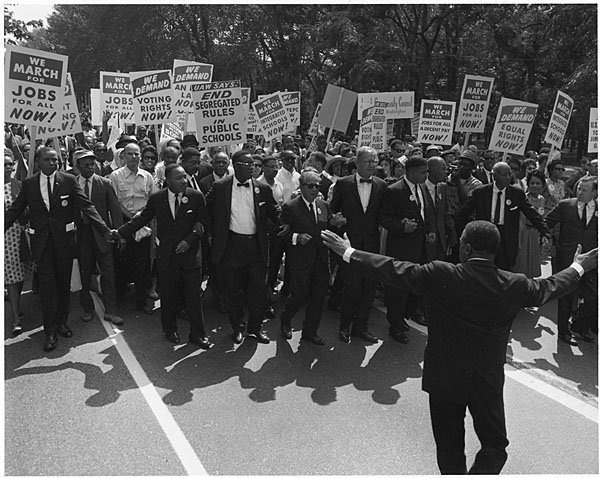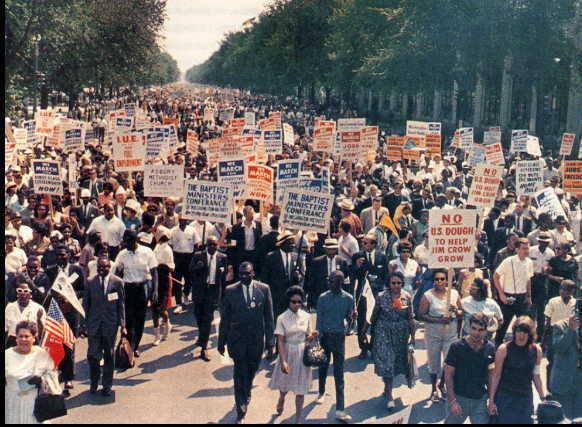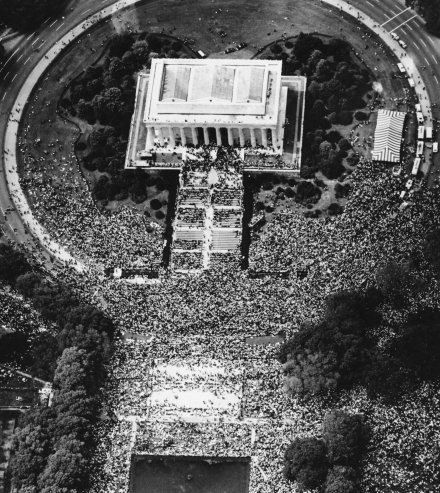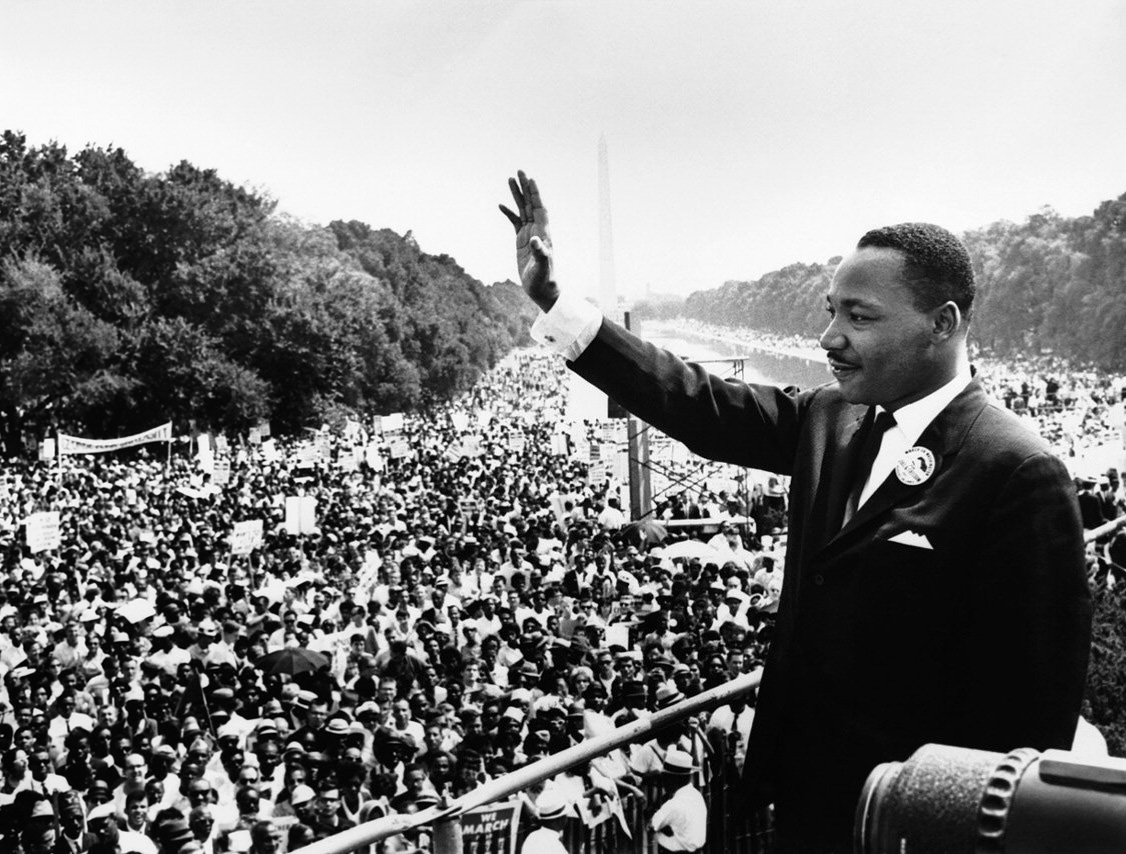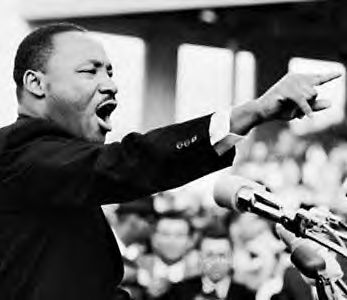 Did Hillary Clinton mean to discount Martin Luther King, Jr. with her remark that it was Lyndon Johnson who actually pushed through the Civil Rights Bill of 1964? Having heard Hillary’s remarks in their full context, I don’t think she meant to take away credit from the leadership of Martin Luther King, Jr.
Did Hillary Clinton mean to discount Martin Luther King, Jr. with her remark that it was Lyndon Johnson who actually pushed through the Civil Rights Bill of 1964? Having heard Hillary’s remarks in their full context, I don’t think she meant to take away credit from the leadership of Martin Luther King, Jr.
Yes, it took LBJ’s arm-twisting political talents to get the Civil Rights Act passed. Yes, it also took MLK’s tireless, dedicated leadership and oratorical skills to focus the nation’s attention on the heinous injustice of segregation.
That being said, Hillary and the other pundits and political operatives, have missed the point.
Here in America, we love the Great Man (and the occasional Great Woman.) Because of our persistent belief in individualism, we think that it is the Great Ones who make history. This belief keeps people stuck in the status quo, complacent, cynical, and inactive. It keeps them stuck in what Rabbi Michael Lerner of Tikkun calls surplus powerlessness: people think they have less power than they actually do have. They think they can’t make history because they aren’t “great.”
Actually, people are great. They are the real movers and shakers.
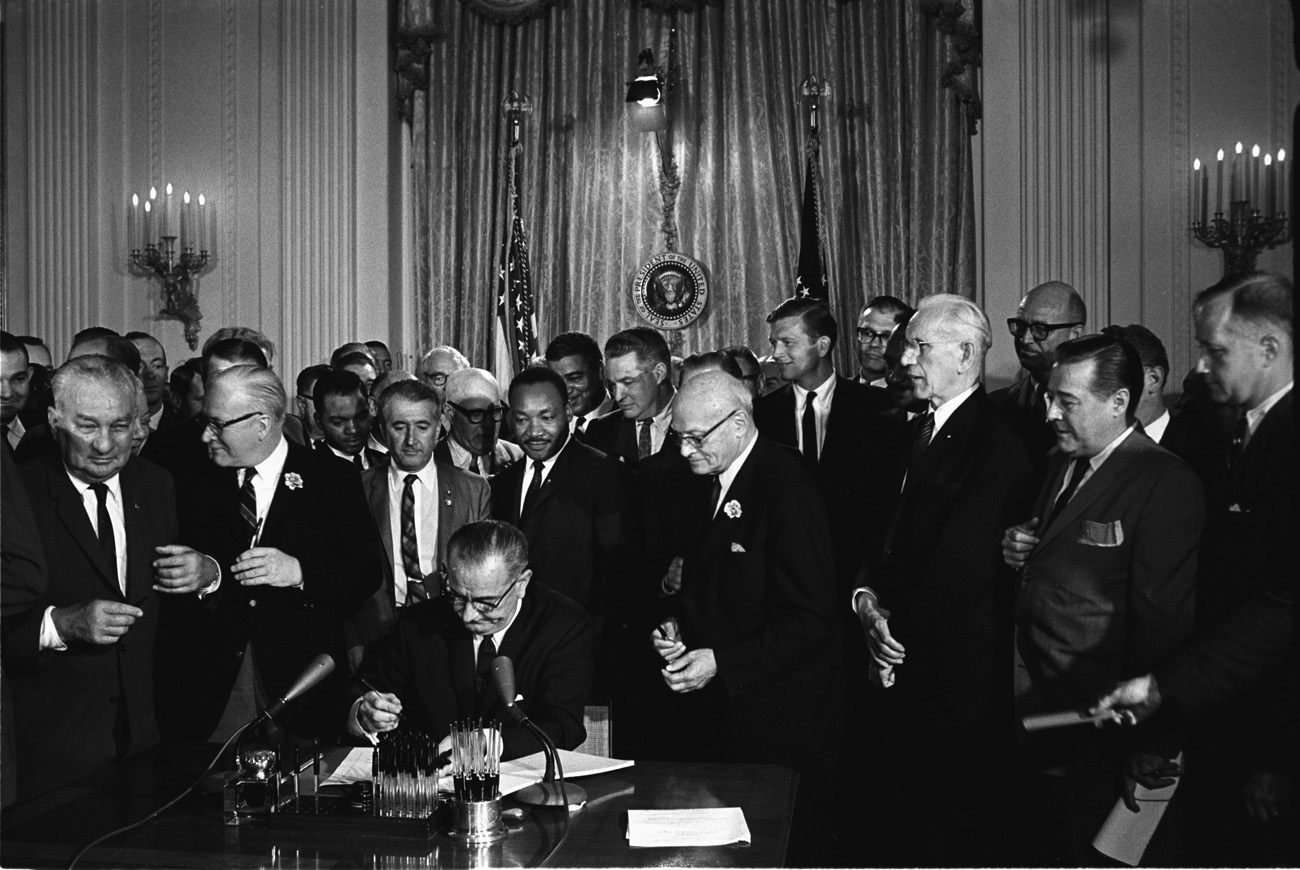 The successful battle for civil rights was really fought by the people themselves, who organized, took to the streets and churches, taught themselves how to read at late age so they could pass Voter’s Tests, endured water hoses, bully clubs, taunts, arrest and jail. It was the Nashville sit-ins, the Freedom Riders, and finally, the police induced attacks on the Pettus Bridge in Selma that was the nail in the coffin of the old order. It was the dedication, vision and persistence of these courageous people that forced Americans to open up their hearts and come down on the side of justice.
The successful battle for civil rights was really fought by the people themselves, who organized, took to the streets and churches, taught themselves how to read at late age so they could pass Voter’s Tests, endured water hoses, bully clubs, taunts, arrest and jail. It was the Nashville sit-ins, the Freedom Riders, and finally, the police induced attacks on the Pettus Bridge in Selma that was the nail in the coffin of the old order. It was the dedication, vision and persistence of these courageous people that forced Americans to open up their hearts and come down on the side of justice.
Rosa Parks was a brave woman, but Rosa Parks did not just decide to go to the back of the bus on her own. She attended the Highlander School in East Tennessee where she was trained in the tactics of non-violence. She was part of an active civil rights community.
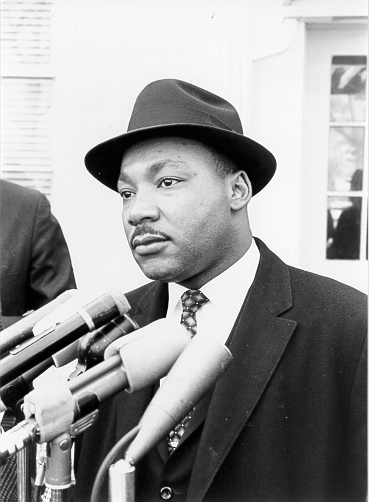 Martin Luther King, Jr. was a great leader who inspired and moved people to action and who helped the American people connect with their higher angels. But he derived his power from the 200,000 people who joined him at the Lincoln Memorial in Washington DC on August 28, 1963 where he made his historic I Have A Dream speech. If he had shown up with just a few hundred people on that day, it is unlikely that LBJ would have invited him to the White House to broker the deal that finally resulted in the passage of the Civil Rights Act of 1964.
Martin Luther King, Jr. was a great leader who inspired and moved people to action and who helped the American people connect with their higher angels. But he derived his power from the 200,000 people who joined him at the Lincoln Memorial in Washington DC on August 28, 1963 where he made his historic I Have A Dream speech. If he had shown up with just a few hundred people on that day, it is unlikely that LBJ would have invited him to the White House to broker the deal that finally resulted in the passage of the Civil Rights Act of 1964.
Photos from the 1963 March on Washington
